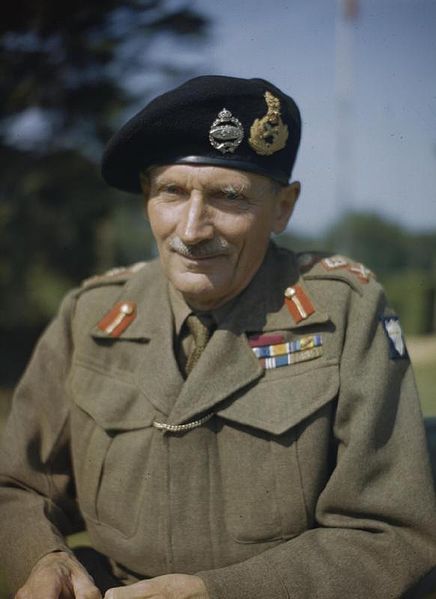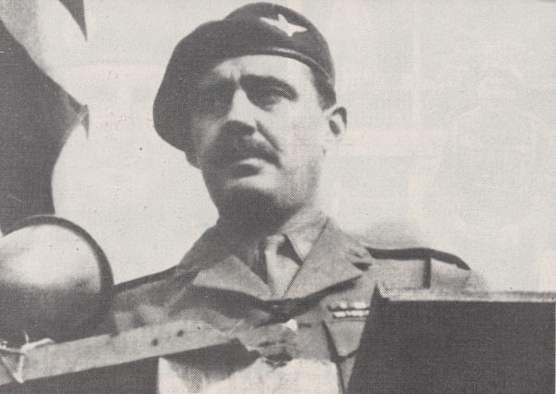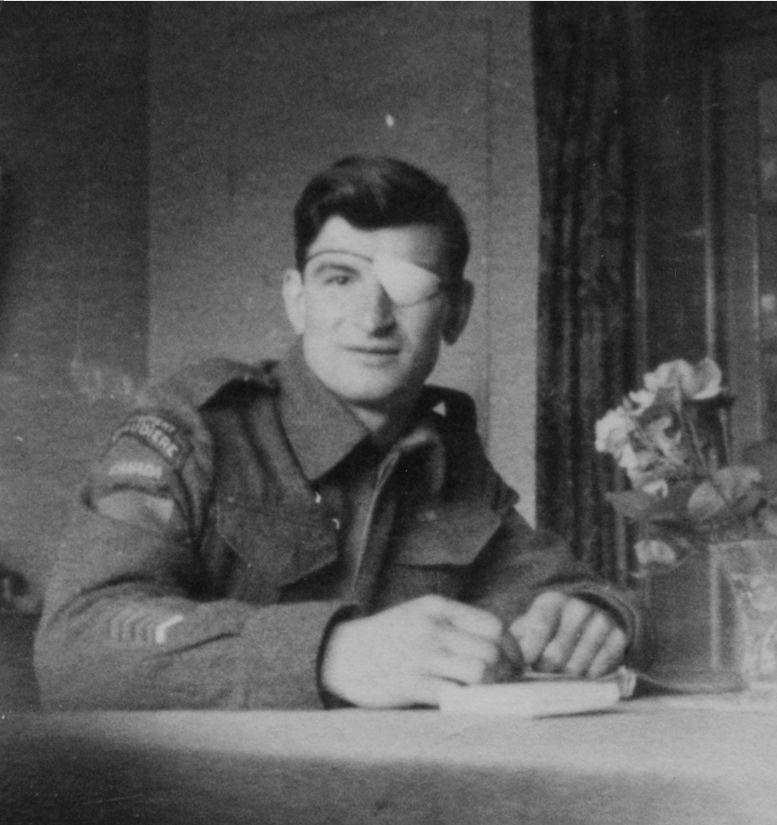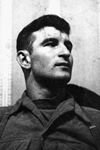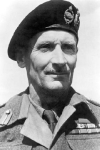I Was There! - British Fought Like Tigers at the Ardennes Tip
The War Illustrated, Volume 8, No. 199, Page 601, February 2, 1945.
Operating under Field-Marshal Montgomery's new command, troops – mostly of the British 6th Airborne Division – in early January 1945 battled magnificently for the fortress-village of Bure, at the extreme tip of the northern section of Von Rundstedt's salient in Belgium, which Hitler's crack 2nd Panzer Grenadiers fought like madmen to hold. The action is described by Richard McMillan, B.U.P. war correspondent.
I watched them go into action in a wilderness of snow and ice resembling the Russian front at its worst. The Germans hung on at the cost of great bloodshed until they were forced back yard by yard by the superior fighting power and superhuman valour of the British. For a whole day and a whole night the British hurled themselves in waves against the fiercely defended fortress into which Bure had been converted.
The fighting was grim, but it was hardly grimmer than the weather. The whole battlefield was like a cake of ice, with snow several inches deep and a frost which turned the normally gentle landscape of the Ardennes into a scene of iron. Against this background, fierce for human beings but fairy-like as the snowclad trees and frosted hedges sparkled in the light of the gun flashes, the town of Bure stained the white night with a thunderous flame. The British attacked just before dawn, and were thrown back. They went in again, held a few houses, attacked again, and got to the other end of the village.
Tribute to 'Those British Boys!'
There they were cut off. Then their comrades smashed through the snow and ice and the hail of death from the German self-propelled guns, tanks and spandaus to start the battle all over again. So it went on throughout the day. At one time it looked as if those deadly self-propelled guns, shoehorned into the ruins of the once-pleasant wooded village, would win the day. We took a heavy toll of the enemy, but our dead lay there, too many of them, sprawled across the roads or huddled gruesomely in ditches. Our tanks, too, had gone to ground. Flames from their idle hulks added to the fury of the inferno which blotched the silvery hills and valleys of a Christmas-card scene. Fresh troops are now forging forward to consolidate the ground gained and drive the enemy back towards Grupont.
Two platoons which had been cut off at the eastern end of the village were relieved, but they, too, had casualties. The Germans had turned tanks at the closest range against the houses in which they sheltered. Their gallant resistance alone is described as an epic. But they knew the quality of their comrades, and knew that they were never forsaken. It was the spirit of Arnhem all over again, only this time with the certainty of victory for us. A U.S. officer who came up from the scene of that bloody shambles exclaimed: "You couldn't believe it unless you had seen it, that human beings could fight like these British boys. They are tigers!"
As I went up towards the line the crags of the Ardennes peaks showed as patches of grim grey through the white. Then we came on scenes of war. German tanks and tracked troop carriers were smouldering, making black smudges in the quiet glades. Next we came on a team of London gunners, struggling and slipping uphill with their huge lorries dragging medium guns to the tops of the peaks to add to the bedlam which reached our ears more clearly every minute from the other side of the hills. "I think we'd manage better with skis or sledges!" remarked a man from Balham. Theirs looked like an impossible task – this struggle to haul those steel monsters from the valleys up these icy passes. But they won through.
Then I met a group of three solitary British soldiers. They came down from the snows where they had been on patrol, seeking out any stray German skulking in the higher woodlands. They too could crack a joke in the glacial grip of this Arctic battle scene. One of them, Corporal George Oakes, told me, "I come from Old Trafford, Manchester. I'd sooner be having a game there than playing these winter sports!" "As for me", grinned Lance-Corporal Harold Leader, from Street, Somerset, "I just wish I could get some real Somerset cider!" And a lad from Birmingham said, "We've seen Monty on the job. He looked in grand fettle as he tramped through the snow, chatting as usual with the men." That was the spirit I found everywhere among the troops – not only in the British but also in the American sector – tremendous élan because of the knowledge that Field-Marshal Montgomery had taken over.
Frozen and Terrified Prisoners
Americans with whom I talked all told me, "We know how highly you British rate Monty, but we know his value, too. He led you to victory in the desert, but don't forget he led both us Americans and the British in Normandy. Of course we're bucked, and already he is producing the goods." And so I went on over the pass and down to the battlefield. A group of German prisoners came past, shivering and looking hungry and terrified. The guards told me they had found them wandering in the snow. "It was too much for them", they said. "They'd had a night out and were freezing to death, so they came in with their hands up." But that did not mean those still in the line were not tough. "They are fighting more savagely than ever!" a British major told me. From the snow and dirt-blackened shell of the still smouldering village, sparks and eddies of smoke drifted up towards a sky of Alpine blue.
Previous and next article from I Was There!
I Was There! - Behind ELAS Lines in Dissension-Torn Athens
Political differences in Greece, partly submerged during the fight against the common enemy, flared into open fighting after Athens had been freed of the German yoke. On December 8, 1944, B.U.P. corre
I Was There! - On this Tiny Island of Peleliu 17,000 Died
The weird story of Peleliu got lost in the excitement of our landing in the Philippines, but the island saw the toughest fighting of the Pacific war. The Americans, who landed on Sept. 14, 1944, so fa
Index
Previous article
The Story of the Little Bronze Cross for Valour
The most famous decoration in the world - the highest of its kind - the Victoria Cross is but an ounce of bronze. But the award itself is without price. This story of its record up to the present day
Next article
I Was There! - On this Tiny Island of Peleliu 17,000 Died
The weird story of Peleliu got lost in the excitement of our landing in the Philippines, but the island saw the toughest fighting of the Pacific war. The Americans, who landed on Sept. 14, 1944, so fa


